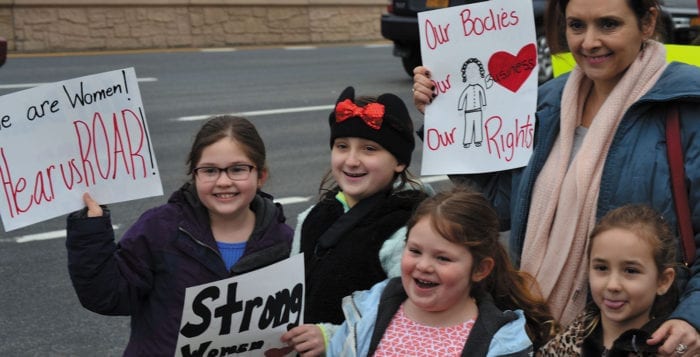Call me ghoulish, but I like to read obituaries. Of course they have to be well-written obits, like the ones in The New York Times. I almost never know the people who have died. If I’ve heard of them, their stories are usually on the front page. These obits that I refer to are usually found in the back pages. The dead are famous enough to warrant a significant write-up, and I always like to hear tales of people’s lives. That’s one reason I find them interesting. Another, perhaps more important attraction for me, is the random information to be gleaned on diverse subjects.
Let me give you some recent examples.
On an entirely random day, Thursday, Oct. 25, I read about Wanda Ferragamo, clever wife of the famous shoemaker, Salvatore Ferragamo, who had built a shoe shop in Florence, Italy, into a shoe design and manufacturing concern. Upon his death in 1960 — he was 24 years older than his wife — Wanda, who had never worked in her life until then, built the company into an international powerhouse with annual revenues most recently of more than $1 billion. Now I happen to like Ferragamo shoes, although I mostly don’t buy them. But the obit was something of a business case study for me, as well as the story of a remarkable woman who had just died at her hilltop villa in Fiesole, a beautiful village above Florence, at age 96.
Then there was Osamu Shimomura, who died in Nagasaki, Japan, at age 90. He shared the Nobel Prize in Chemistry in 2008 for finding a glowing jellyfish protein that is now a major element of biological research. Shimomura, working in Washington state for a Princeton marine biologist in 1961, scooped up thousands of jellyfish from Puget Sound in an attempt to discover how they glowed green when agitated. They were able to extract a luminescent material, a protein, which they named aequorin. He also found trace amounts of another protein, green fluorescent protein or GFP that would glow green whenever ultraviolet light was shined on it. Ultimately the GFP gene was stitched into the DNA of other organisms, enabling researchers to track those organisms the way naturalists can track tagged cougars in the wild. This revolutionized contemporary biological discovery. Of great further interest, he lived with grandparents near Nagasaki and saw the American B-29 airplane that dropped its devastating atomic bomb on the city. He described what he saw in graphic detail in his Nobel autobiography.
Dorcas Reilly, who died in Camden, New Jersey, at age 92, might particularly be remembered at the Thanksgiving table. It was she who invented the classic American dish of green bean casserole when she worked in the Campbell Soup Company test kitchen. Containing a mere six ingredients, the recipe was printed on the label of Campbell’s cream of mushroom soup and called for cooked green beans, a little milk, soy sauce, pepper and some crunchy fried onions on top. Reilly helped create simple recipes to promote the sale of company products. Originally called the Green Bean Bake in 1955, Campbell’s estimates some 20 million American homes will serve the dish in two weeks time.
The Indian musician and teacher, Annapurna Devi, 91, died in Mumbai, formerly Bombay. Called by The Times “a poignant inspiration for women artists,” Devi masterfully played the surbahar, described as a bass sitar. This is “a difficult instrument that few if any women of her era played.” She and her first husband, the famous sitarist Ravi Shankar, sometimes played together, but when she seemed to get most of the notice she stopped performing. A 1973 movie, “Abhimaan,” is said to have been inspired by their marriage and the tensions within it. She then limited herself to teaching and “turned out musicians of the highest caliber.”
There was also Tony Hoagland, who died at his home in Santa Fe, New Mexico. He was 64 and “a widely admired poet who could be both humorous and heartfelt.” He found insights and imagery in the everyday, like a pool in an Austin, Texas, park; a spaghetti strap on a woman’s dress that wouldn’t stay put; and, according to The Times, an old man dying awash in paranoia from too much Fox News.
Never heard of any of them? Now you have and learned something too, I’ll bet. I did.






